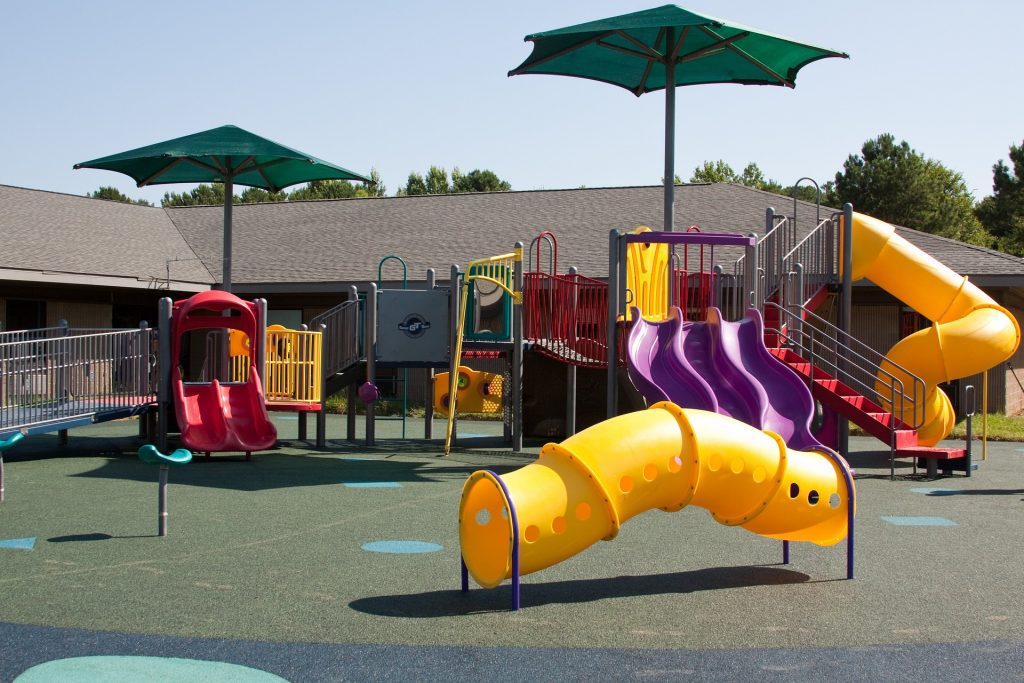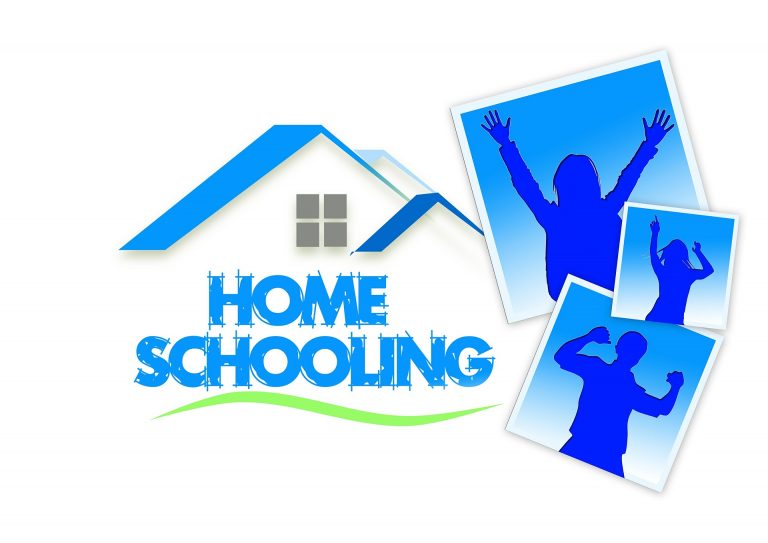Second Guessing Your Decision to Homeschool?

January can be a hard month. The excitement of Christmas has faded. Dreary skies, cold temperatures, and depending on where you live, non-stop rain. For some, it’s hard to get back into the school routine. Second guessing the decision to home school is not uncommon.
I came across this post written by Peter of the Pilgrims in the Machine blog. His family’s story may strengthen your resolve to stay the course. I found it to be a catalyst for remembering why many of us chose to home school in the first place. Below is a shorten version:
The Making of Un-machine Like Minds
The speed demons
My wife and I never planned to homeschool our children. When our daughter was born, we were living on the Atlantic coast, in a remote place where the culture seemed ten years behind the rest of the North American continent.
Life was slow. Strangers on buses talked to you for no reason other than to be sociable. Possibly the remoteness of the place made people more friendly. Or it might have been the near-constant struggle against the weather, which, apart from a couple of months in the summer, was windy, foggy, rainy, snowy, or some combination of these. Friendship and trust come more easily when people are fighting a common battle, even if the battle is against the sky.
But our daughter was born, and we had no family in the area. It didn’t seem right to raise her separated from grandparents and relatives, and so, after five years away, we headed back into the heart of the continent with our infant, back into the big city, jobless, with nowhere to stay but in my mother’s townhouse.
The townhouse was an upright brick-and-vinyl shoebox, pressed between other upright shoeboxes, in a new suburb at the city’s edge, in what used to be Mennonite country.
My wife and I attended the nearby Mennonite church for a short time. We met a wizened old man whose younger brother had been born premature, the size of a large rat, and—in a time when there were no hospitals or incubators—the family placed him in a bowl near the woodstove to keep him warm.
Living as we did on the rural-urban fringe, we could step out our front door, and in one direction see the sprawl of our subdivision, melting into the city to the south; but if we looked in the other direction, to the north, there were only mud fields and farms. Sometimes we heard the yipping of coyotes in the morning.
In a few years the northward view would be blocked by a fresh contingent of new homes, and yet north remained always the direction of farms, small towns, and wilderness. We rarely spoke of it, yet the north occupied a place in our imagination then, and now; perhaps the same place that is occupied by a dim, archetypal memory of Eden.
What we did talk about were the speed demons. Life on the coast had been slow, but the city, even on the fringes, was fast: cars, homebuilding, the proliferation of smartphones and devices in daily life. The contrast between the Atlantic coast—where we had battled the sky—and the city, where we battled with distraction and urgency, could not have been more striking.
We did not yet have the word “Machine” in our vocabulary, but we understood we had entered it, plunged into the jaws of a civilizational dragon, and had brought our infant daughter with us.
Still, homeschooling didn’t occur to us immediately. The only thing that made us hesitate to send her to public school was that she was born near the end of the year. Not only would she be one of the youngest in her class but, starting at age three-and-a-half, she would be spending the entire day away from home.
So we decided to keep her at home for one year. That year went well for her—and for our newborn son—and evolved into a natural decision to continue schooling at home.

Meanwhile, across the road, a brand-new public school sprung up from the mud field, and it wasn’t long before we regularly heard the recess bells and saw the schoolchildren skipping and running about on the spacious playground. Sometimes, as we peered at those kids through our window shutters, we had our doubts. Were we making the right decision? Were we depriving our own children not only of the benefits of being taught by trained teachers, but of participating in the social life of public school?
Why leave the system?
Most new homeschooling parents experience some doubts, but that hasn’t stopped the rise in homeschooling over the past fifty years. By 2019, about 3-4% of school age children in the US were home educated. According to the Washington Post that number nearly tripled during the coronavirus pandemic:
By May of this year [2021], the U.S. Census Bureau found more than 1 out of every 12 students were being home-schooled. Even more remarkable are where those gains came from: Even though home schooling has often been considered the domain of religious White families, the most significant increases were seen among Black, Latino and Asian households.
The dramatic rise in the latter households was not only a result of the pandemic, but the failure of the public system to address the needs of these diverse racial and cultural groups.
This is consistent with our own experience, and with the experiences of homeschooling families we’ve met from varied religious, cultural, racial, and neurodiverse backgrounds. Families are distinctive, but the public school system is sometimes oblivious to these distinctives or overrides them, precisely because it is a system with its own pre-set goals and imperatives—and often limited resources. The result, for some parents, is seeing their kids misunderstood or suppressed by the system, and so they pull them out; or else parents can foresee the likelihood of a negative outcome and never enroll their kids in the first place.
Our own family distinctives, and the ones we saw as essential to our children’s education and formation, included:
– a spiritual center (e.g., faith, prayer, a transcendent perspective on the purpose of life, and intentional values)
– relationships with extended family and friends
– daily experiences in nature and local community
– lots of free time for unguided play, exploration, and creativity
– limited and strategic use of technology (e.g., no smartphones until age 16; the use of online courses in higher grades for complex material)
In those early years, our kids developed well, mentally and socially. They showed no signs of envying the kids across the road, whose 15-minute recesses ended in orderly lineups that vanished swiftly into the building—whereas our kids had hours of free play every day, often in the very park and woods that bordered the school.
At times we saw the faces of the schoolchildren in the upper windows, gazing out at us with intrigue and puzzlement, as if thinking, How come those kids are out there? Why can’t I be out there too?
Against conformity and doubt
Most of our extended family seemed a bit skeptical of our decision to homeschool. Sometimes they asked, “So when are you going to send them to real school?”
There were many other questions they didn’t ask openly, though we suspected they were thinking them:
How long can you keep this up?
Neither of you are teachers. Aren’t you afraid your kids won’t learn enough at home?
Aren’t you worried your kids won’t develop good social skills?
Don’t you want your kids to go to college?
Research over the past two decades has begun to answer some of these questions, with the vast majority of studies suggesting that home-educated students tend to score higher than conventionally schooled students on measures of academic achievement and social development, and tend to be more successful in college.
One study has even demonstrated that homeschooled college students are more politically tolerant than students who attended public or private schools.
Most of this research wasn’t available when we started our journey, but it resonated with our earliest intuitions. These intuitions were not only based on our observations about education, but about the broader changes happening in our local community.
Across the road, the public school expanded, adding a massive new section onto its backside, gobbling up half the playground, and new subdivisions continued sprouting up around our neighborhood. We no longer heard the yipping of the coyotes in the morning, who had long since fled to wilder parts.

Nearby farms to the north were sold to developers for tens of millions of dollars, and we watched the land, year by year, transforming: places were cows grazed or silos stood suddenly vanished, and soon the wood frames and pink insulation and faux bricks went up, and homes took shape, packed in obedient lines.
Slowly we were becoming aware of a contradiction. Although we were grateful for our shoebox townhouse, and the ever-increasing goods, services, and conveniences in our area, we struggled with the awareness that we were being swallowed up in an all-consuming conformity.
It didn’t just affect the way our neighborhoods were being built. That was an outward manifestation of its power, but it went further than that, distorting how people thought about life itself.
The hallmarks of this conformity were speed and technology. A kind of dollar-store mentality, it viewed all things as shallow, material, changeable, and often disposable. It reduced family and society to a fragmented collection of individuals.
This conformity is still spreading, and becoming the ideological center of our civilization, nothing less than the conformity of all important things into the mechanistic dragon: from the communities that people dwell in, to the minds that dwell in people. All must be consumed.
In the dragon’s teeth
We began our parenting journey wondering what we were going to pass on to our child. In the end, we discovered that the answer to the question How do I educate this child? is also the answer to the question What kind of society do we want to live in?
If the education of our children shapes the future of society, then we can also deduce an unsettling truth: The more controlling a society, the more it will seek to control the development of its children.
Our daughter began university this year. Over supper recently she expressed gratitude for having been home educated, feeling it has prepared her well academically and socially—and allowed her to circumvent the social drama that is high school.
We don’t know how things will unfold for her or our other children, though our doubts about the decision to home educate have faded, replaced by a conviction that homeschooling, as well as other alternative models of education, are urgently needed options for the coming generation of youth.
Not everybody will want these options, but without them we risk the loss of original minds.
Such a viewpoint is at odds with any highly conformed society, but especially a machine-civilization where the influence and control of populations through technology becomes increasingly prevalent and intrusive in daily life.
People with close connections with family and local community and nature; people who live prayerfully and spiritually; people who want to use technology as a tool rather than to become tools for corporate and political use; people who want un-machined minds; these people are anomalies that the dragon of civilization has difficulty chewing, and difficulty swallowing.

If you are one of those anomalies, take heart. There are many of us out there.
Thanks for reading!
Curt Bumcrot, MRE

Early Bird Testing Discounts are here. Register and pay now for remote testing and save $5.00 to $10.00 per student! To take advantage of this limited time offer and see the 2023 testing dates, go here







